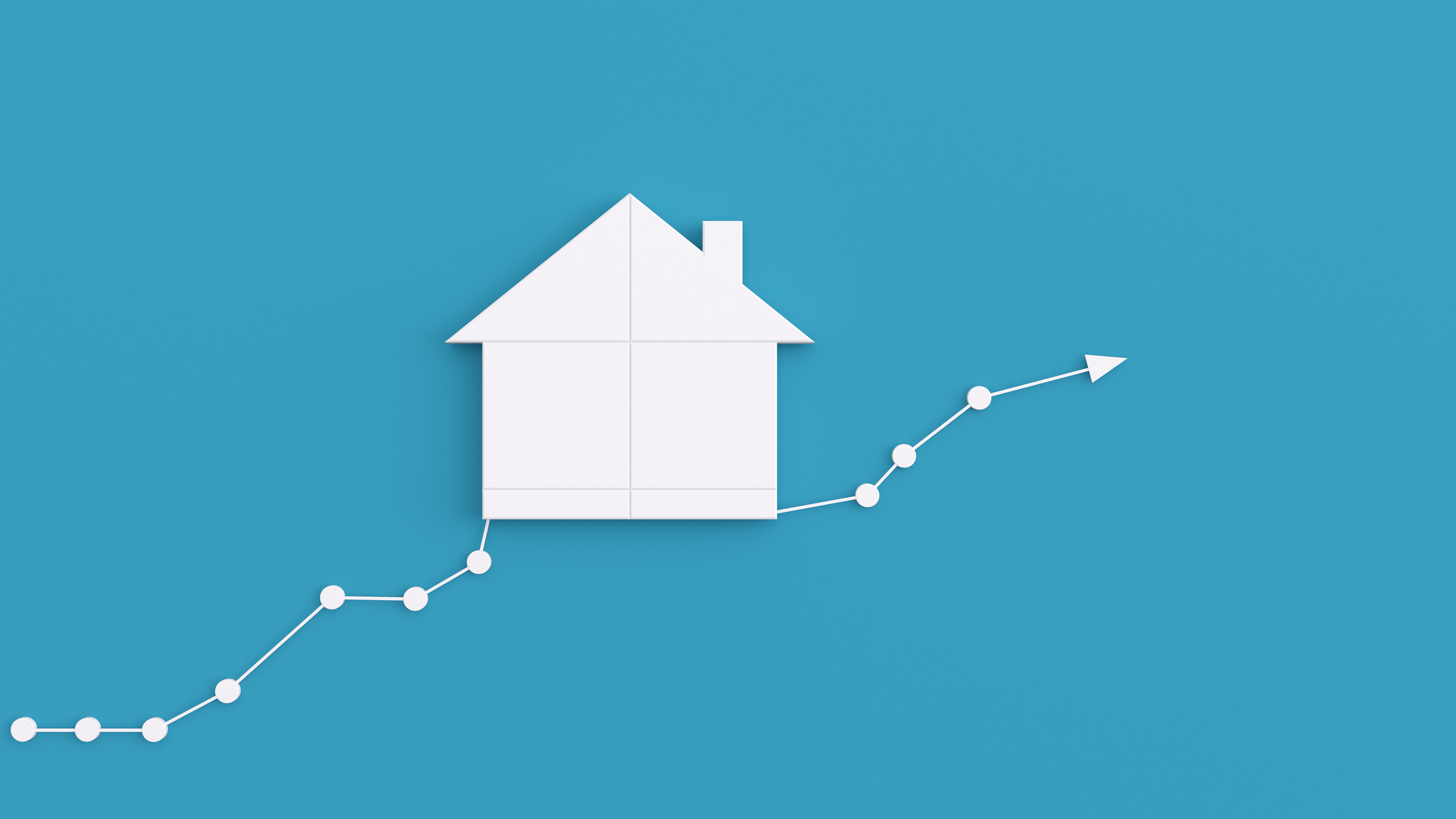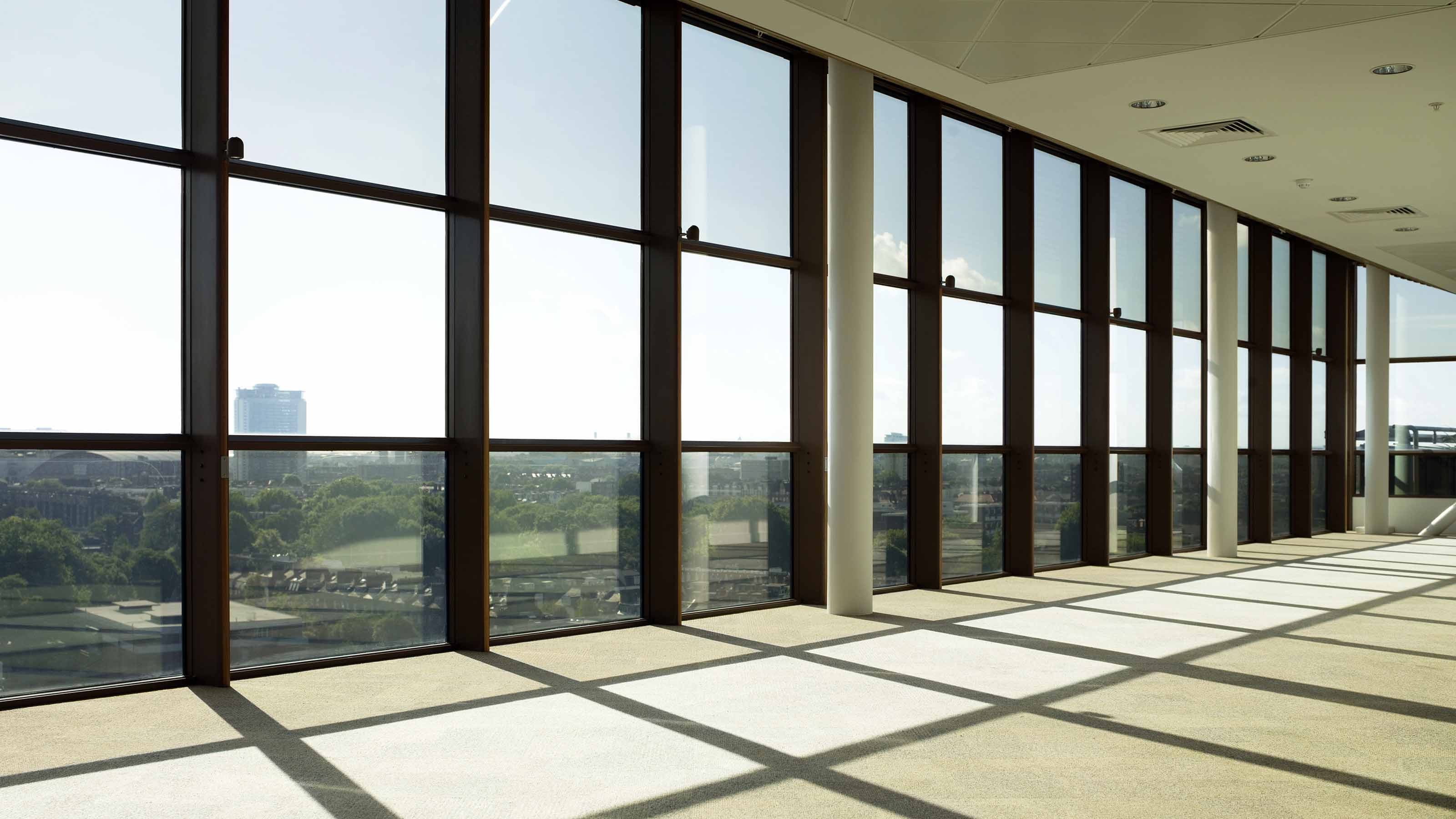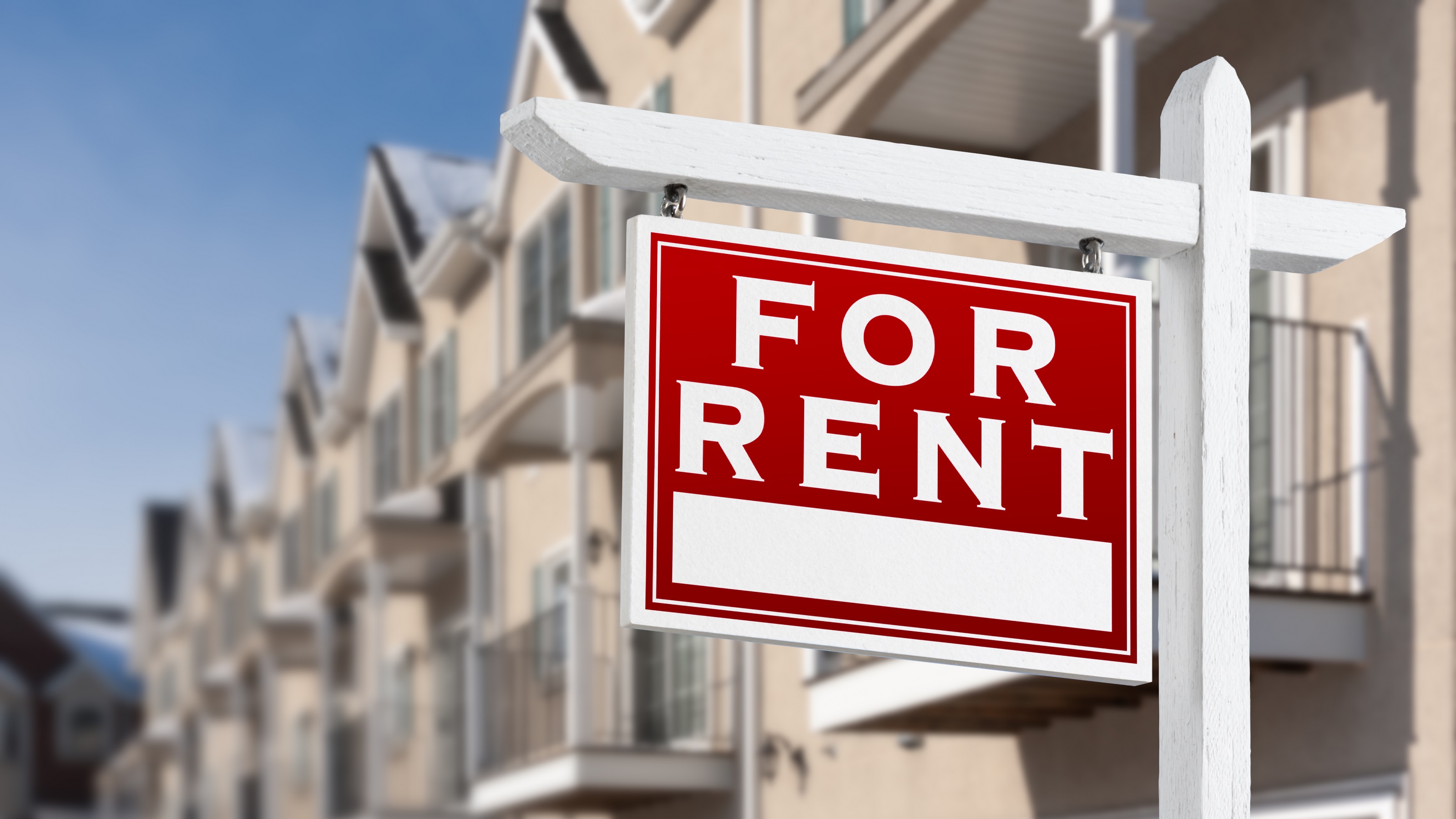Determine If Buying a Home Is Right for You
Consider the risks and rewards of homeownership.
Profit and prosper with the best of Kiplinger's advice on investing, taxes, retirement, personal finance and much more. Delivered daily. Enter your email in the box and click Sign Me Up.
You are now subscribed
Your newsletter sign-up was successful
Want to add more newsletters?

Delivered daily
Kiplinger Today
Profit and prosper with the best of Kiplinger's advice on investing, taxes, retirement, personal finance and much more delivered daily. Smart money moves start here.

Sent five days a week
Kiplinger A Step Ahead
Get practical help to make better financial decisions in your everyday life, from spending to savings on top deals.

Delivered daily
Kiplinger Closing Bell
Get today's biggest financial and investing headlines delivered to your inbox every day the U.S. stock market is open.

Sent twice a week
Kiplinger Adviser Intel
Financial pros across the country share best practices and fresh tactics to preserve and grow your wealth.

Delivered weekly
Kiplinger Tax Tips
Trim your federal and state tax bills with practical tax-planning and tax-cutting strategies.

Sent twice a week
Kiplinger Retirement Tips
Your twice-a-week guide to planning and enjoying a financially secure and richly rewarding retirement

Sent bimonthly.
Kiplinger Adviser Angle
Insights for advisers, wealth managers and other financial professionals.

Sent twice a week
Kiplinger Investing Weekly
Your twice-a-week roundup of promising stocks, funds, companies and industries you should consider, ones you should avoid, and why.

Sent weekly for six weeks
Kiplinger Invest for Retirement
Your step-by-step six-part series on how to invest for retirement, from devising a successful strategy to exactly which investments to choose.
In the short run, renting can make more financial sense than buying, in terms of how much shelter you can afford for a given price.
But the long-range view is different. Over time, rents tend to rise. On the other hand, if you have a fixed-rate mortgage the monthly payment of principal and interest stays the same. This relatively stable cost, combined with price appreciation, is what makes homeownership financially attractive in the long run.
Until the "long run" arrives, however, you may have to make some sacrifices as a homeowner.
From just $107.88 $24.99 for Kiplinger Personal Finance
Become a smarter, better informed investor. Subscribe from just $107.88 $24.99, plus get up to 4 Special Issues

Sign up for Kiplinger’s Free Newsletters
Profit and prosper with the best of expert advice on investing, taxes, retirement, personal finance and more - straight to your e-mail.
Profit and prosper with the best of expert advice - straight to your e-mail.
You may have to put up with less space if you have to pay more to own a small home than to rent a larger one. To find a house you can afford, you might have to move to a location farther from your job and favorite haunts; that means extra travel cost and possibly two cars when one used to suffice.
Other risks and rewards to consider:
Reward: The power of leverage
Buying a home offers you the opportunity to magnify the purchasing power of your money through leverage.
Normally, you buy property with some of your own funds plus a long-term mortgage. That use of borrowed money enables you to profit from price increases on property you haven't yet paid for.
Using maximum leverage -- with a very small down payment and very large mortgage -- isn't prudent or advantageous for everyone, but most first-time buyers will need all they can get just to open the door.
Reward: Appreciation
If your home is worth more when you sell it than when you bought it, that's appreciation. You can use the profit as a springboard to a better home. Or you can tap the equity (what your home would sell for minus what you owe on the mortgage) to pay college tuition, to buy a vacation hideaway, or turn it into a source of retirement funds. (See our story Making the Most of Trading Down)
Reward: Tax breaks
Homeowners benefit from the tax deductibility of mortgage interest and property taxes. You can keep up to $250,000 of gains when you sell your primary home ($500,000 if you're remarried and file your income taxes jointly).
Risk: A decline in value
The value of your home is not guaranteed to go up, and it could go down. The rate of home-price appreciation varies over time. When home prices are falling, flat or rising slowly, homeowners must be prepared to wait for better times. The leverage that is so alluring when real estate values are on the rise can act to magnify losses as well as gains.
Risk: Lost opportunity
You lose, too, if you invest in a home money that could have been invested elsewhere for a better return. If alternative investments -- such as stocks or bonds -- are rising in value faster than homes in your area, you might do better, in the short run, as a renter/investor rather than a homeowner.
Risk: Maintenance
Homes cost money to maintain. You have to be prepared to pay for routine maintenance and for the inevitable replacement of big-ticket items.
Risk: Reduced flexibility
Homeowners have less freedom of movement; it's not easy to pack up and move for a change of scenery or a new job. Real estate is not a liquid asset. You can lose if you have to sell in a hurry -- because of a divorce or job loss, for example. And a hefty mortgage payment may make it hard to maintain savings and investment programs for retirement, vacations and other things.
If after weighing all of this you're still intent on buying a house, then it's time to take a close look at your finances.
Profit and prosper with the best of Kiplinger's advice on investing, taxes, retirement, personal finance and much more. Delivered daily. Enter your email in the box and click Sign Me Up.
-
 Nasdaq Leads a Rocky Risk-On Rally: Stock Market Today
Nasdaq Leads a Rocky Risk-On Rally: Stock Market TodayAnother worrying bout of late-session weakness couldn't take down the main equity indexes on Wednesday.
-
 Quiz: Do You Know How to Avoid the "Medigap Trap?"
Quiz: Do You Know How to Avoid the "Medigap Trap?"Quiz Test your basic knowledge of the "Medigap Trap" in our quick quiz.
-
 5 Top Tax-Efficient Mutual Funds for Smarter Investing
5 Top Tax-Efficient Mutual Funds for Smarter InvestingMutual funds are many things, but "tax-friendly" usually isn't one of them. These are the exceptions.
-
 Will Lower Mortgage Rates Bring Relief to the Housing Market?
Will Lower Mortgage Rates Bring Relief to the Housing Market?The Kiplinger Letter As mortgage rates slowly come down here's what to expect in the housing market over the next year or so.
-
 Commercial Real Estate Outlook 2024: The Kiplinger Letter
Commercial Real Estate Outlook 2024: The Kiplinger LetterThe Kiplinger Letter In 2024, expect hybrid and work-from-home trends, tighter budgets, rising rents and the demand for data centers to continue.
-
 Delinquent CRE Loans Are on the Rise: The Kiplinger Letter
Delinquent CRE Loans Are on the Rise: The Kiplinger LetterThe Kiplinger Letter Banks are expanding their efforts to restructure CRE loans to avoid losses from the commercial real estate sector.
-
 As Mortgage Rates Rise, Renting Is Now Cheaper Than Buying for Many: The Kiplinger Letter
As Mortgage Rates Rise, Renting Is Now Cheaper Than Buying for Many: The Kiplinger LetterThe Kiplinger Letter A jump in mortgage rates has caused housing affordability to slump and priced many first-time home buyers out of the market.
-
 Rental Market Will Slow Through 2023: The Kiplinger Letter
Rental Market Will Slow Through 2023: The Kiplinger LetterThe Kiplinger Letter Expected growth in the rental market is likely to remain slow for the rest of the year amid a slow housing market and cooling economy.
-
 How to Set the Price to Sell Your Home
How to Set the Price to Sell Your Homereal estate If you're selling your home, setting the right price is crucial. Don't overprice or you'll scare away prospective buyers.
-
 WFH Impact on Commercial Real Estate Market: Kiplinger Economic Forecasts
WFH Impact on Commercial Real Estate Market: Kiplinger Economic ForecastsEconomic Forecasts Commercial real estate continues to struggle. Office vacancies hit 18.9% in the second quarter of 2023.
-
 Greenland, U.S. Plans to Boost Tourist Economy: Kiplinger Economic Forecasts
Greenland, U.S. Plans to Boost Tourist Economy: Kiplinger Economic ForecastsEconomic Forecasts A U.S. congressional effort could see some Canadian visitors get longer stays, meanwhile, Greenland bids to be the next vacation hotspot.